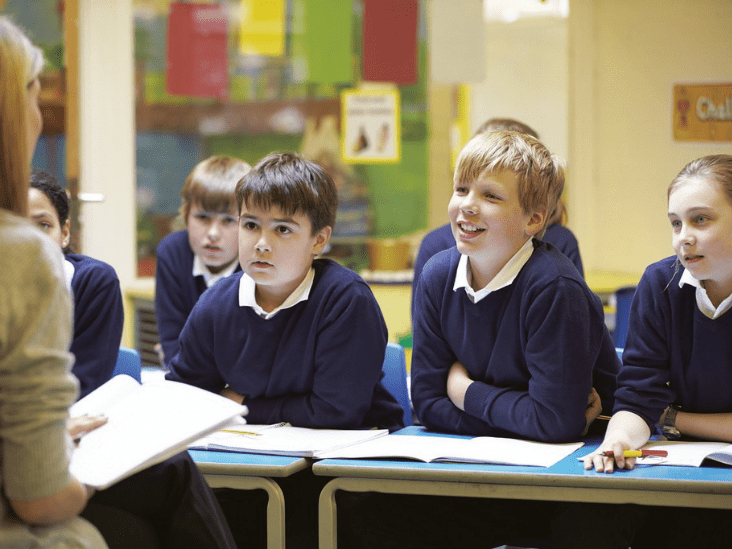Over the last few weeks, schools across Scotland have returned to classrooms after their summer break.
Teachers play an important role in a child’s development. That role is even more crucial when teaching a child who is living with epilepsy.
As a teacher, you could be the first adult to see a child having a seizure. Being able to recognise seizures and knowing how to support that child effectively and sensitively is important to their wellbeing.
Also, understanding how the condition can affect a child’s learning will allow you to put in place plans and support structures to help that child fulfill their potential.
The way teachers react and how readily they accept the child and their condition can make a big difference.
Epilepsy and learning
For many children, their epilepsy will not affect their learning ability. However, we know children with epilepsy do underperform at school and often underachieve.
There are many reasons for this. Some children will have very low self-esteem and self-confidence because of their epilepsy. Others may have missed out on valuable school time and educational opportunities because of frequent seizures.
Teenagers and young adults often feel socially isolated from their friends. The way teachers react and how readily they accept the child and their condition can make a big difference.
Teachers can help remove any stigma surrounding epilepsy and help change common misconceptions.
First aid for seizures
The more teachers know about seizures and what to do if a child has a seizure, the less frightening it all becomes.
Our teacher’s guide has a pullout section providing detailed basic first aid information for both convulsive and non-convulsive seizures.
Knowing some basic first aid for seizures will help you react in a calm and reassuring way.
Watch for signs of depression
Depression or low mood can be common with epilepsy. A child can find it difficult to come to terms with having epilepsy, which can. affect their self-esteem. If a child misses many days at school because of seizures, they may feel they will never catch up.
Sometimes parents can be overprotective. This can increase the child’s feeling of being ‘different’ and can make them feel isolated from their friends.
Occasionally, a child with epilepsy is teased or bullied by their peers. It is important that teachers watch out for name-calling. It is demeaning to call a person ‘epileptic’. Only seizures are ‘epileptic.’
How teachers react can make all the difference to how the child will feel about their epilepsy. Positive feedback from family and friends plus support from pupils and teachers is important.
Depression can also be linked to the cause of the child’s epilepsy. This can be a head injury or scarring on the brain. If there is scarring on the part of the brain which deals with these feelings, this can lead to depression. Depression can also, be a side effect of some anti-epileptic drugs.
Our teacher’s guide has information on how to spot signs of possible depression. The guide also provides information on when a seizure is a medical emergency, potential seizure triggers, and how to assess potential risks to a child with epilepsy plus much more.
If you are a teacher and would like a copy of our teacher’s guide, please email contact@epilepsyscotland.org.uk, or for a digital copy click here.




